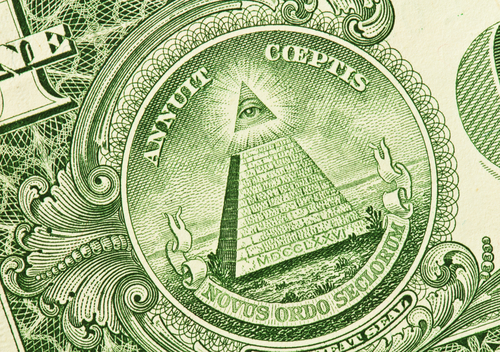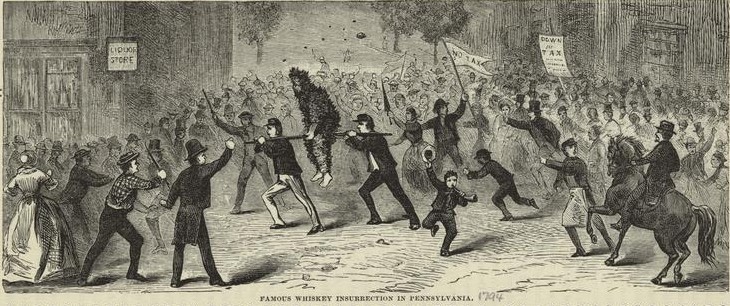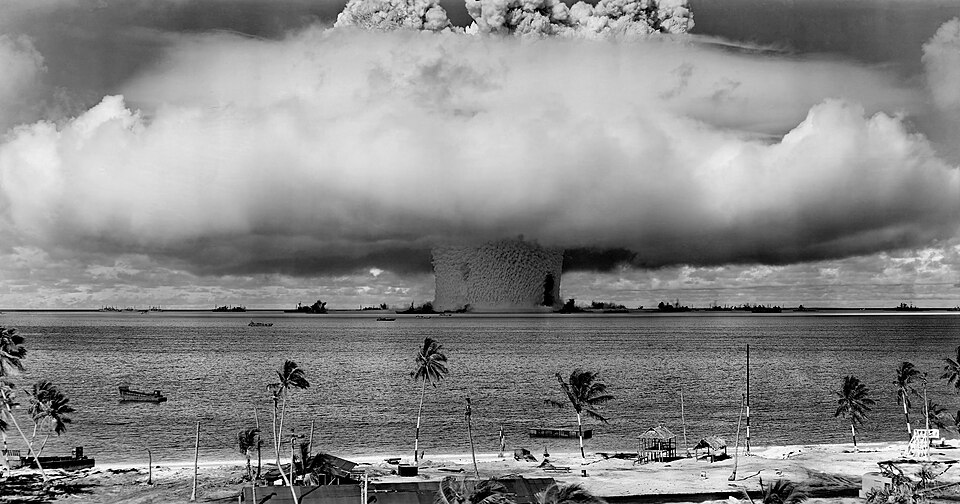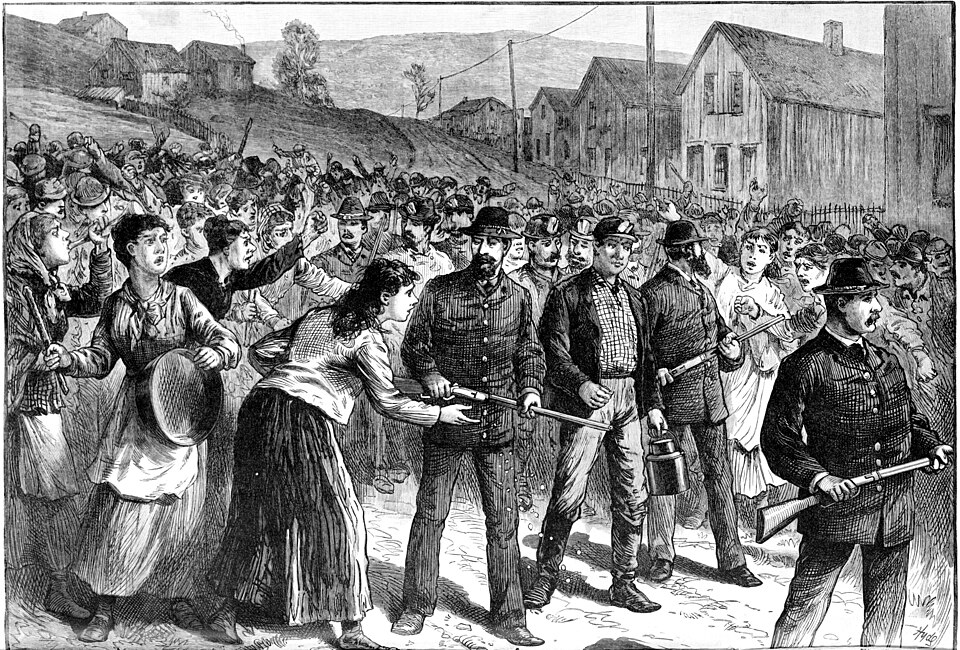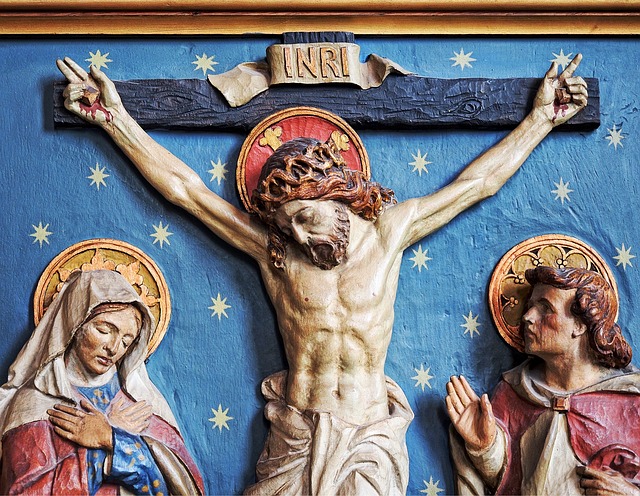I have a new column this week on OnlySky. It’s about how we can protect church-state separation in areas dominated by one particular sect of believers.
As religion declines all around the world, the most determined faith groups are retreating into their own isolated enclaves where they try to live apart from everyone else. This isn’t inherently a problem if it’s truly voluntary, but when a particular sect is the majority in one place, they very often try to punish outsiders and dissenters and write their beliefs into law.
Two such cases are playing out in America right now. In one town, an orthodox sect is trying to dismantle the public school system and force taxpayers to pick up the tab, creating a legal nightmare that could take years to untangle. But progress is possible, as seen in another pair of towns where democracy has triumphed and formerly oppressed cult members are emerging from theocratic darkness into the light.
Read the excerpt below, then click through to see the full piece. This column is free to read, but members of OnlySky also get special benefits, like member-only posts and a subscriber newsletter:
The idea of the Benedict Option is that Christians should (metaphorically or literally) retreat into the wilderness. They should pull back from a secular culture that they’ve failed to conquer, and isolate themselves in their own enclaves where they can live and raise their children as they see fit.
They frame this as keeping their morals and values intact. But the none-too-subtle implication is that they want to control everything their children see and hear. They want to ensure they don’t have to compete with pesky differing viewpoints. In that sense, it’s an admission that fundamentalist views can’t survive contact with diversity.
Obviously, the Benedict Option was proposed in a particular Christian context. Not everyone is taking their cues from this idea. But conservative religious communities of all kinds are independently following similar lines of thinking.

